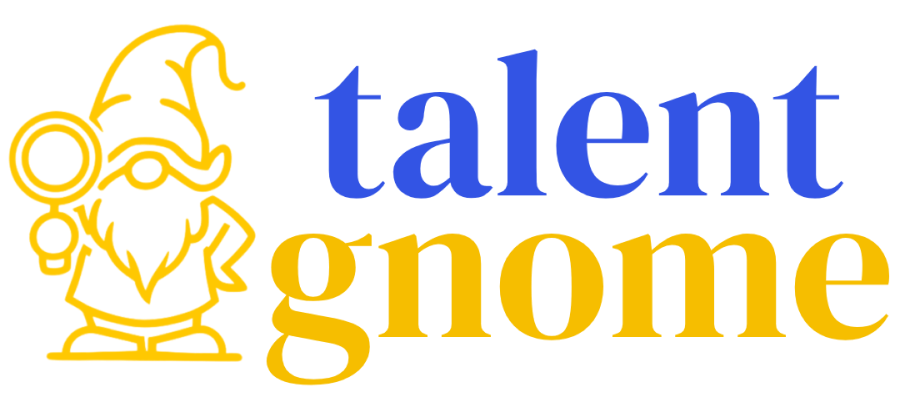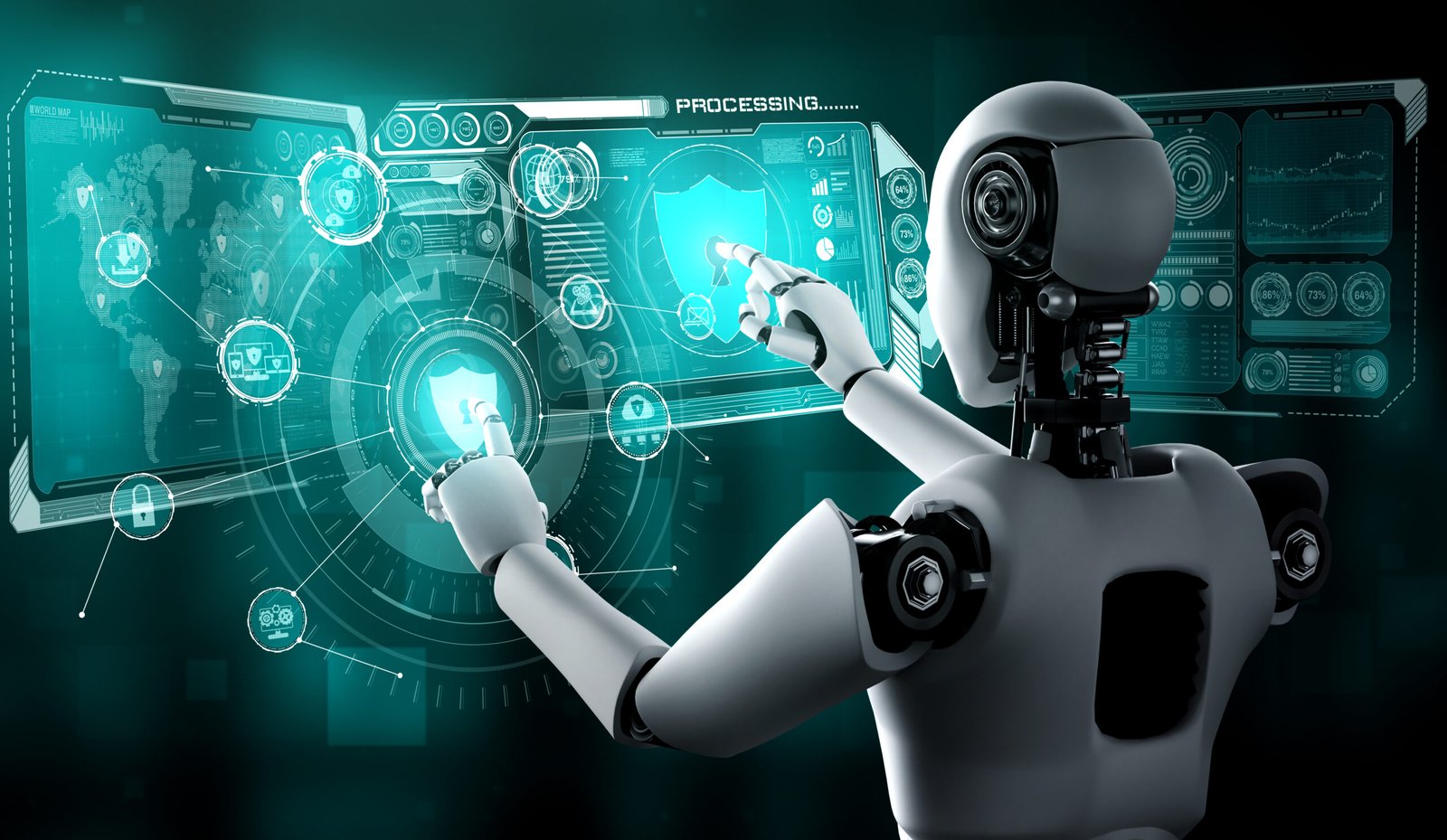Recruitment has entered a new era where technology is reshaping how companies find and hire talent. Gone are the days when recruiters had to manually sift through stacks of resumes—AI now streamlines the process, allowing them to concentrate on meaningful interactions with candidates. AI helps streamline repetitive tasks, ensuring candidates are evaluated based on their skills and experience while minimizing potential biases. But while these tools are powerful, they aren’t perfect. The human touch is still vital for building trust, assessing soft skills, and ensuring the right cultural fit.
So, how do we strike the right balance? Let’s explore how AI is reshaping recruitment—and why people will always be at the heart of hiring.
The Rise of AI and Automation in Recruitment
Companies are turning to AI-driven hiring solutions to gain a competitive edge. Automation and artificial intelligence reduce the burden of manual hiring processes, allowing recruiters to focus on what truly matters: finding and engaging top talent.
With AI, hiring teams can process thousands of applications in minutes, ensuring faster and more precise candidate selection. But AI isn’t just about speed; it’s about intelligence—leveraging data to make better hiring decisions.
Key Ways AI and Automation Are Changing Recruitment
1. AI-Powered Resume Screening & Candidate Matching
Sorting through a pile of resumes is time-consuming and exhausting. AI solves this by automatically analyzing resumes and shortlisting candidates based on experience, skills, and job relevance. Machine learning algorithms learn from past hiring patterns, improving accuracy over time.
Impact: Less manual filtering, more time for strategic hiring, and higher-quality candidates.
2. Reducing Unconscious Bias in Hiring
AI removes human bias by focusing purely on competency and qualifications rather than gender, race, or age. This can result in more diverse and inclusive workplaces by ensuring merit-based decisions, not unconscious preferences.
Potential Pitfall: AI systems are only as unbiased as the training data. If past hiring data contains biases, AI can unintentionally reinforce them. Human oversight remains crucial.
3. Enhancing the Candidate Experience with AI Chatbots
AI-driven chatbots now communicate with candidates in real time, answering questions, scheduling interviews, and providing application updates. These bots ensure that candidates feel engaged and informed throughout the hiring process.
Impact: Faster responses, reduced candidate ghosting, and improved applicant experience.
4. Data-Driven Hiring Decisions
AI can analyze historical hiring data to predict which candidates will likely thrive in a given role. Predictive analytics help businesses make informed hiring decisions based on trends, behaviors, and skills rather than gut feelings.
5. Automating Repetitive HR Tasks
Scheduling interviews, sending follow-ups, and tracking applicant progress are repetitive administrative tasks that recruiters can now fully automate. This means recruiters can spend more time on meaningful conversations than logistical coordination.
Impact: Increased productivity and a smoother, more efficient hiring process.
The Human Touch: Why It Still Matters in Recruitment
AI is an effective tool, not a replacement for human recruiters. Technology excels at automation, but hiring is about people. People bring emotions, aspirations, and unique personalities to the table. Here’s why the human element is still critical:
1. AI Can’t Assess Soft Skills and Emotional Intelligence
A resume might tell you what someone has done, but it doesn’t tell you how they did it. Leadership, teamwork, and adaptability are challenging to quantify, making human judgment essential in final hiring decisions.
2. Building Relationships with Candidates
Recruitment isn’t just about filling positions—it’s about helping people build their careers. Personal interactions create trust, engagement, and long-term connections that AI alone can’t replicate.
Example: A chatbot can answer a candidate’s question about salary but can’t reassure them about career growth or company culture the way a recruiter can.
3. Understanding Cultural Fit
AI can scan for skills, but it can’t solely determine whether a candidate will thrive in a company’s culture. The right fit is about more than qualifications—it’s about personality, values, and alignment with a team’s dynamics.
Striking the Right Balance: AI + Human Expertise
The best recruitment strategies combine AI’s efficiency with human intuition. Here’s how to make the most of both:
Use AI for initial screening and automation but rely on recruiters for in-depth assessments.
Leverage predictive analytics for hiring trends, but let human judgment guide final decisions.
Automate administrative tasks but prioritize personal interactions with candidates.
The Future of Recruitment is Hybrid
AI and automation are revolutionizing recruitment, making it more data-driven and efficient. But at the core of every great hire is a human connection—one that AI alone can’t replicate.
Companies that integrate AI while prioritizing the human touch will build stronger teams, create better candidate experiences, and ultimately make smarter hiring decisions.
Recruitment isn’t just about filling roles. It’s about connecting people with opportunities. And that’s something only humans can truly master.
Discover how Talent Gnome can revolutionize your hiring process. Streamline recruitment, improve efficiency, and find top talent faster.

